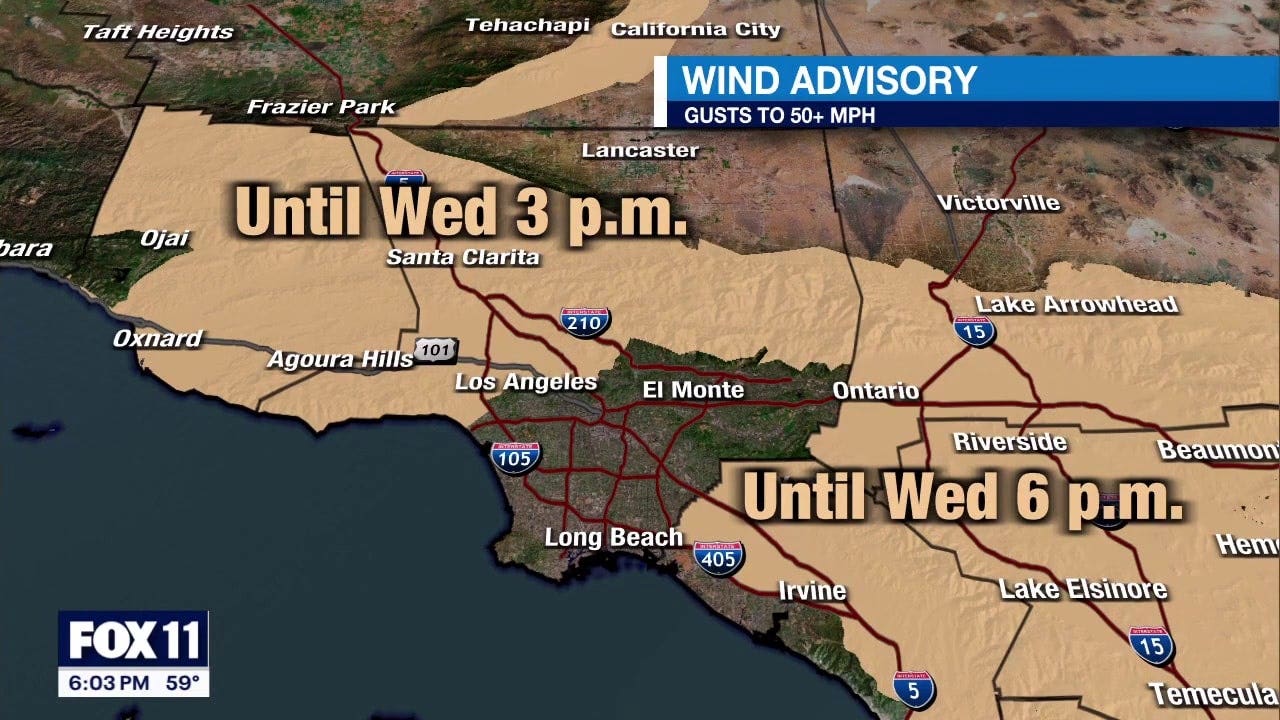Sign up for The Brief, The Texas Tribune’s daily newsletter that keeps readers up to speed on the most essential Texas news.
Rep. Dustin Burrows, R-Lubbock, was voted speaker of the Texas House on Tuesday, elevating him to one of the most powerful positions in state government.
Burrows’ win marks a disappointing defeat for the insurgent wing of the party who have been working since the last legislative session to kick establishment Republicans out of power. Those Republicans, who wish to push the chamber further to the right, picked up more than a dozen seats in the most recent election cycle and saw this speaker race as their best chance in years to oust the current House leadership.
But while Burrows’ predecessor, Rep. Dade Phelan of Beaumont, was forced to give up the gavel, the elevation of his close ally signals a similar power structure will likely remain in place.
Burrows won the speaker’s race by a vote of 85-55, edging out Rep. David Cook of Mansfield, with nine members who were present but did not vote. He won with a coalition of 36 Republicans and 49 Democrats.
Burrows’ support from Democrats will likely become major ammunition for his Republican critics aligned with the party’s right wing who warned that the new speaker should be chosen by a majority of GOP votes.
It’s unlikely that Republicans will completely unite behind Burrows despite his win. Many of his critics have promised to go after Republicans who supported Burrows in the primary, and the Republican Party of Texas has vowed to censure those members who broke from Cook.
The House speaker position is a crucial legislative role. They appoint committee leaders and manage the flow of legislation through the chamber. Along with the governor and lieutenant governor, the speaker makes up a part of the “Big Three” state government leaders, who each have considerable sway in shaping and passing laws. If relationships among that group are good, legislative sessions can go fairly smoothly. But if the bonds are strained, major pieces of legislation can grind to a halt.
Last session, those relationships were strained and lawmakers had to return to Austin for a record four special sessions after disagreeing on legislation to cut property taxes, restrict immigration, boost teacher pay and enact a school voucher program.
Lawmakers are not expected to work as many overtime sessions this time. Gov. Greg Abbott, whose priority school voucher legislation was tanked last session, spent millions of his own campaign dollars in last year’s primaries to oust members of his own party who had not supported his signature bill. With Abbott now touting 79 “hardcore school choice proponents” in the House, voucher supporters are bullish that their success at the ballot box generated enough political will to get a voucher package across the finish line.
Burrows, a school voucher supporter, told the Tribune last month that he believes “the political winds have shifted, and the votes are there” for vouchers. He made clear he would not stand in the way of voucher legislation supported by “the will of the House.”
Jasper Scherer and Renzo Downey contributed to this report.

:focal(0x0:3000x2000)/static.texastribune.org/media/files/990d2e4a01d366202b79ba12f2347c31/0114%20Opening%20Day%20BD%20TT%2006.jpg)



